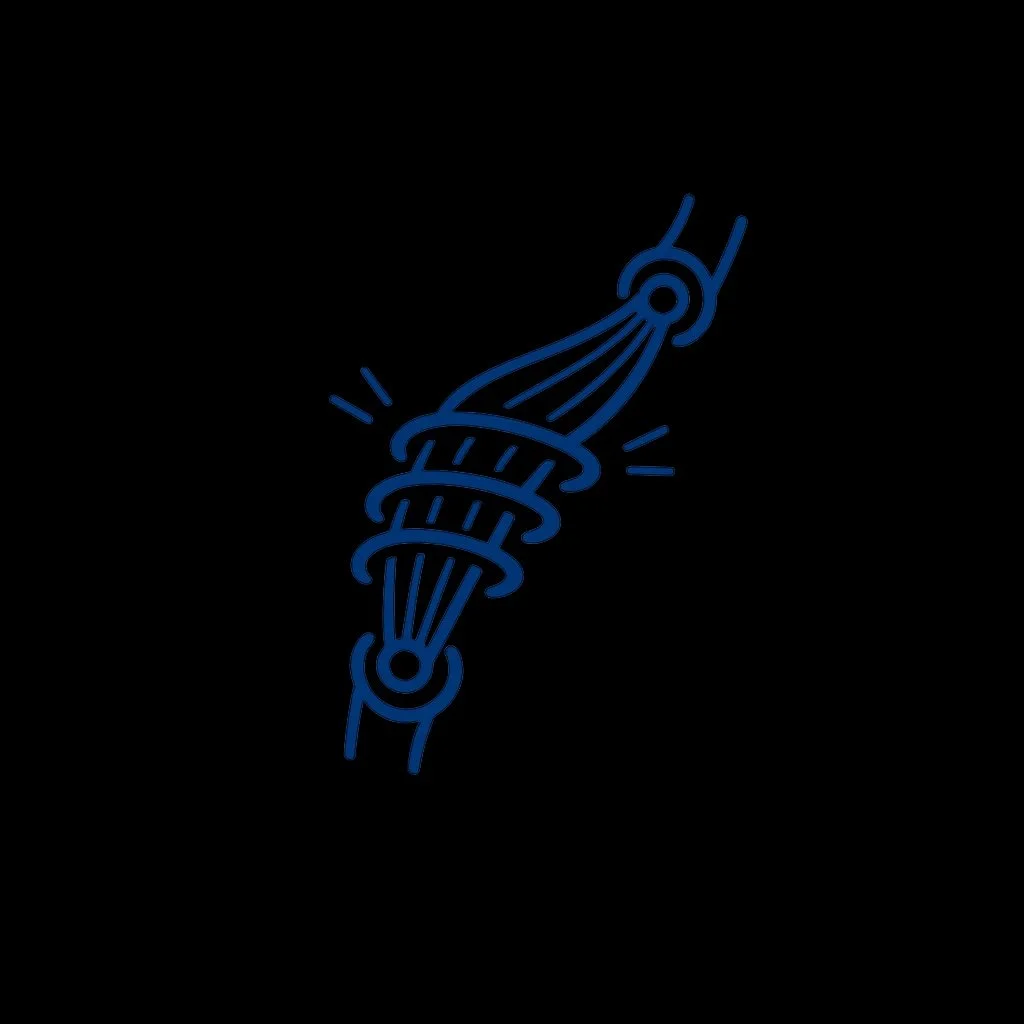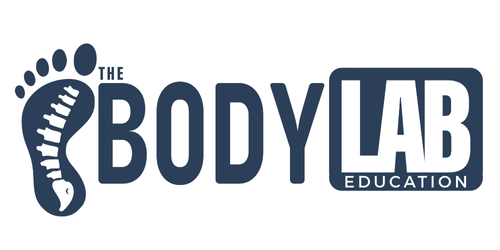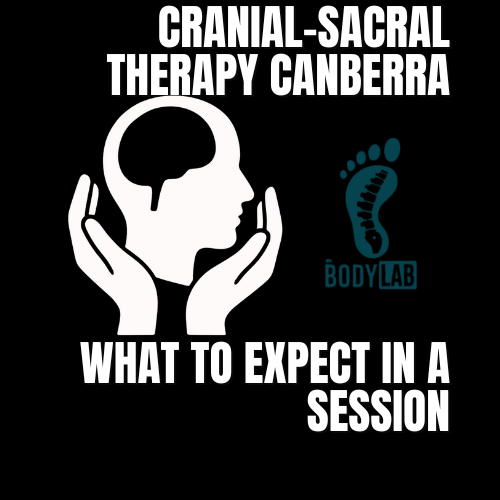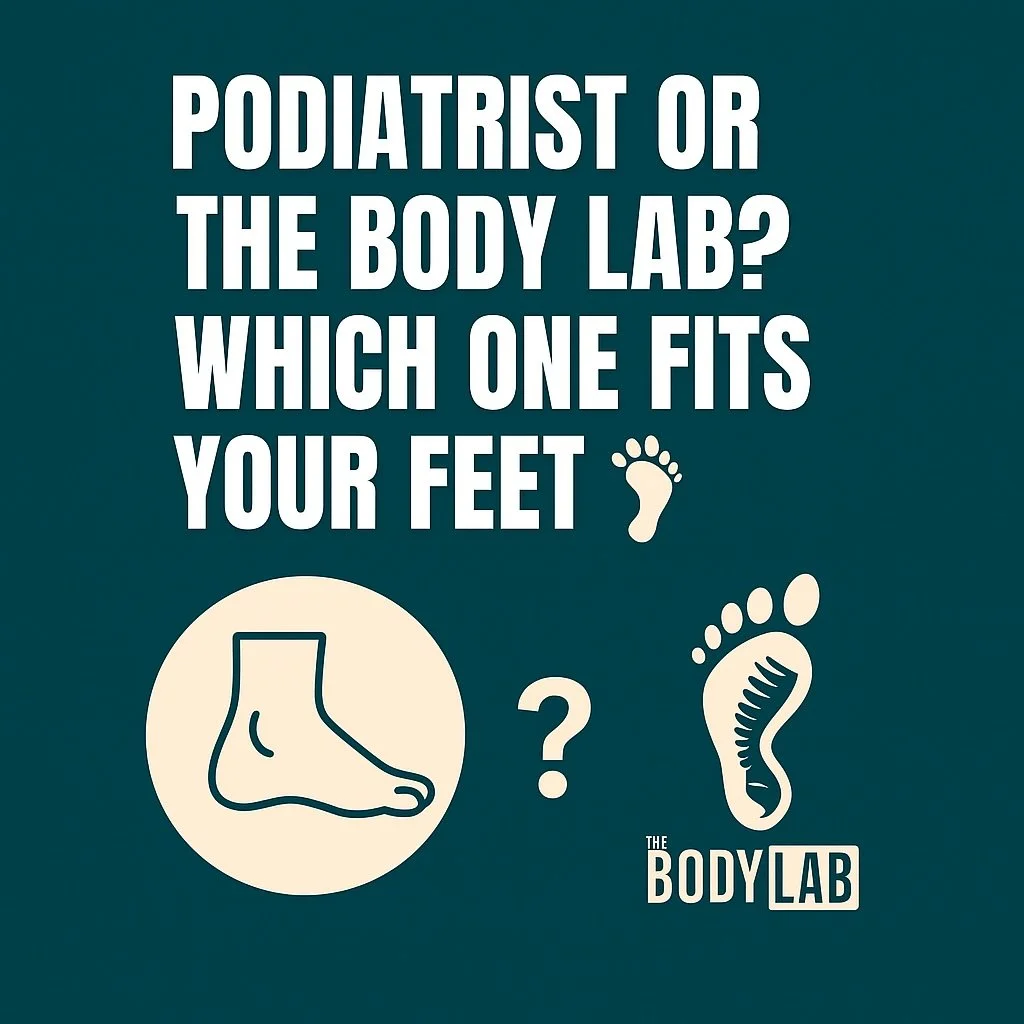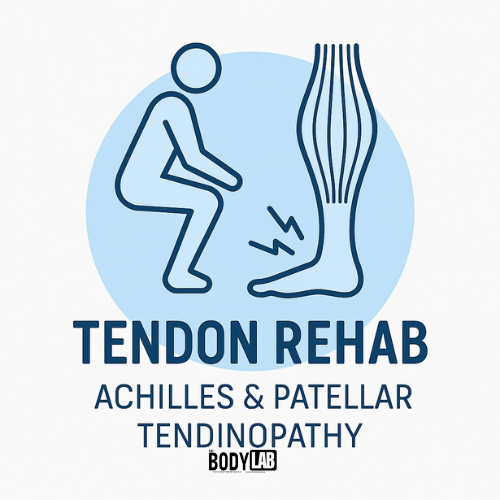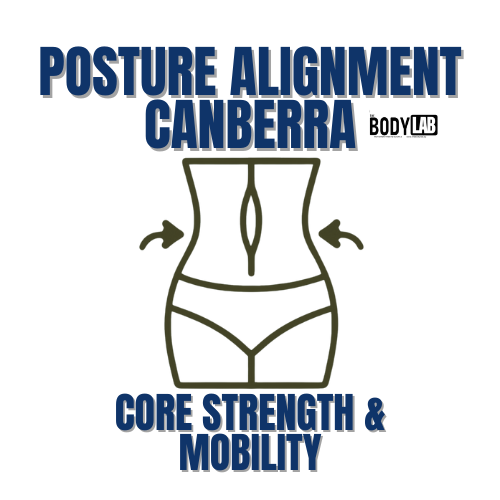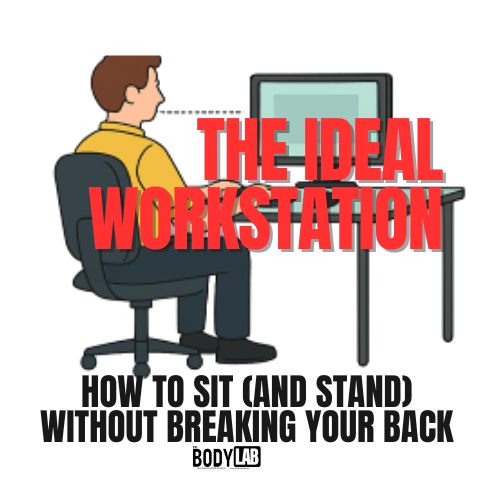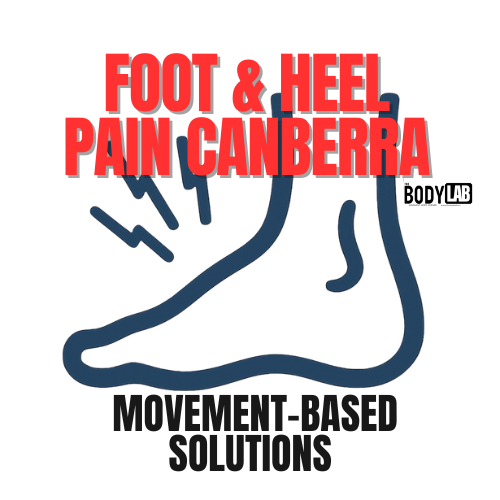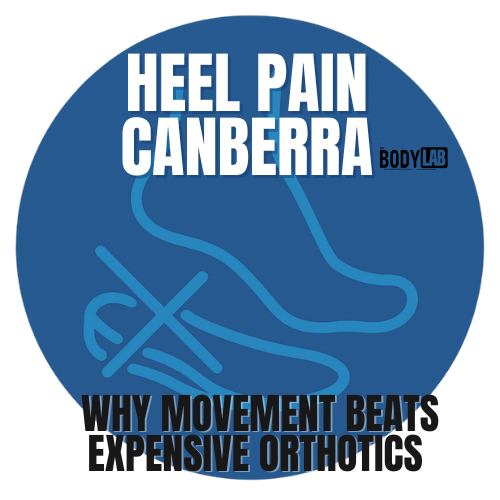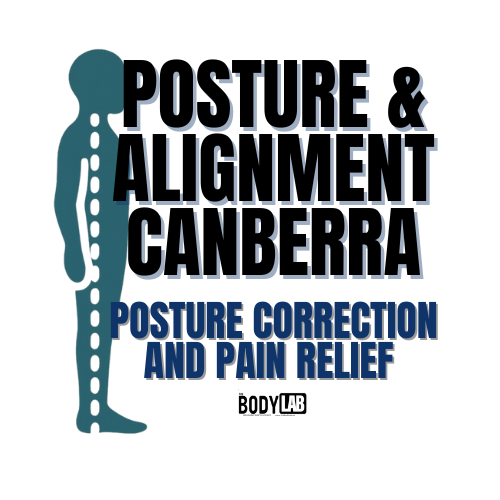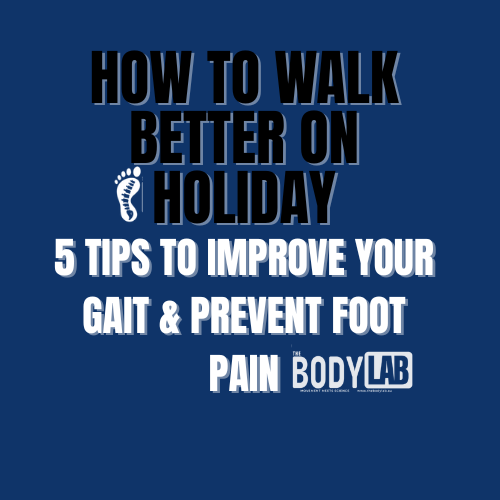Can You Correct Years of Bad Posture? (Yes — And Here’s How, Canberra)
Written by Riccardo at The Body Lab, Canberra’s posture & movement specialist.
Let’s answer the big question straight away:
YES — you can correct years of bad posture, even if it’s been there for decades.
Your body isn’t stuck in its ways.
It isn’t “too old,” “too stiff,” or “too far gone.”
Human bodies are beautifully adaptable at any age — all they need is the right kind of movement, the right strategy, and a bit of consistency.
Whether you’re dealing with rounded shoulders, forward head posture, a collapsed arch, a tilted pelvis, or a spine that feels like it’s permanently auditioning for the letter “C” — you can improve it.
And yes — plenty of my Canberra clients walk in thinking they’re “unfixable,” only to walk out significantly straighter and lighter.
Quick Answer for Google (and Anyone in a Hurry):
Can you correct years of bad posture?
Yes. With consistent movement, targeted strengthening, mobility work, and environmental adjustments, most people can significantly improve their posture — even after years of bad habits. For persistent or painful posture issues, professional assessment is recommended.
(Google loves this.)
Why Posture Goes Bad — And Why It Stays That Way
Bad posture usually isn’t a structural problem.
It’s a habit problem.
Your body becomes excellent at whatever it repeats:
Sitting for hours
Leaning forward at a laptop
Text-neck scrolling
Driving long distances
Stress-tightening
Sleeping twisted on the couch
Carrying kids on one hip
Wearing unsupportive shoes
This doesn’t just create bad posture — it reinforces it.
The good news?
It can be reversed with the right process.
How to Correct Bad Posture (At Any Age)
1. Awareness: The First and Most Powerful Step
Before you fix anything, you need to notice it.
Ask yourself throughout the day:
“Where is my head?”
“Are my ribs flaring or collapsing?”
“Am I leaning to one side?”
“Is my spine moving, or am I frozen?”
In Canberra, I give clients simple cues like:
“Soft knees, long spine.”
“Ribs over pelvis.”
“Head floating, not hanging.”
Awareness changes everything.
2. Move Frequently (Because the Worst Posture Is the One You Stay In)
No posture is “wrong.”
Holding ANY posture for too long is the real problem.
Set micro-movement goals:
Stand every 20–30 minutes
Walk regularly
Do a spine wiggle (yes, seriously)
Roll shoulders or hips
Breathe into your ribs
Movement interrupts bad patterns before they become pain.
3. Strengthen What’s Weak — Stretch What’s Tight
Years of poor posture usually mean:
Weak muscles:
Glutes
Deep core
Neck stabilisers
Mid-back
Foot intrinsics
Tight muscles:
Chest
Hip flexors
Upper traps
Back of neck
Hamstrings
Simple starter exercises:
Glute bridges
Standing rows (bands)
Planks
Spinal mobility drills
Heel lifts & foot exercises
Key stretches:
Chest doorway stretch
Hip flexor lunge
Neck side glide
Hamstring mobility
Small daily habits > occasional long sessions.
4. Fix Your Environment (Your Setup Matters)
Most Canberra posture problems come from workspaces that sabotage you:
Screen too low → neck strain
Chair too soft → spine collapse
Laptop on lap → everything collapses
Phone at chest height → instant forward head posture
Fix 3 things:
Screen at eye level
Phone at eye level
Lumbar support (or a rolled towel)
These alone change so much.
5. Support Your Body With Lifestyle Choices
Good posture improves when:
You walk daily
You sleep well
You hydrate
You lift weights
You manage stress
You wear supportive shoes
Everything you do shapes your posture — not just the exercises.
When Should You Seek Professional Help in Canberra?
You should get help if:
You’re in pain
You’re unsure what’s causing the posture issue
Nothing has improved after 3–4 weeks of trying
You have a history of injury
You feel stuck or misaligned
You want a proper assessment rather than guessin
This is where The Body Lab comes in.
Why Choose Riccardo at The Body Lab (Canberra) for Posture Correction?
Here’s what makes my approach different — and why Canberra clients get excellent results:
1. Whole-Body, Whole-Person Assessment
Posture is NEVER just a “back problem.”
I assess:
Feet & arches
Gait (how you walk)
Pelvis & hips
Ribcage shape
Spine mechanics
Breathing
Jaw & cranial system
Nervous system tension
If one part is off, the whole body compensates.
I find the original cause.
2. Canberra’s Only Clinic Combining:
Biomechanics
Gait Analysis
Movement Therapy
Cranial Therapy
Nerve Releases
Acupuncture
Strength & Conditioning
This is why people who have “tried everything” finally get relief.
3. Detailed Posture & Movement Assessment (60–90 Minutes)
We don’t guess.
We measure.
With video analysis, postural review, and joint mechanics evaluation, you get clarity on WHY your posture is collapsing — and how to fix it.
4. Long-Term Change, Not Quick Fixes
You walk out with:
Tailored exercises
Clear instructions
Video demonstrations
A weekly plan
Accountability if needed
No long lists. No confusing programs.
Just simple, effective daily movements.
5. Clients Often Feel Better Immediately
You’ll see this in reviews:
“I walked out pain-free.”
“My posture changed instantly.”
“I finally understand how my body works.”
“Nothing else helped until this.”
So, Can You Correct Years of Bad Posture?
Yes — completely.
With the right strategy, guidance, and movement, posture can change at any age.
If you’re in Canberra and ready to finally fix your posture properly:
👉 Book a Posture & Movement Assessment at The Body Lab
👉 Or book a free consultation call if you’d prefer to chat first
Your future spine will thank you.


